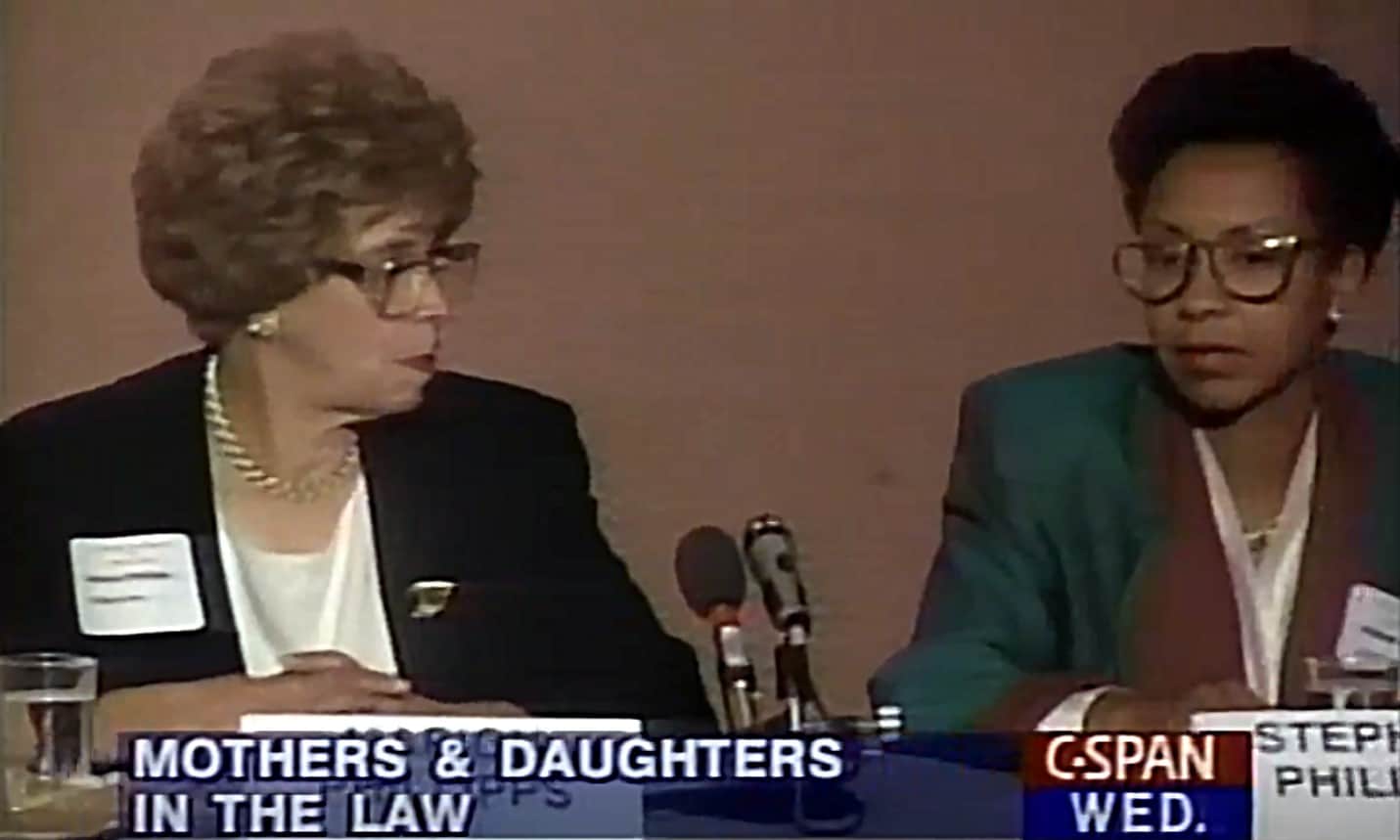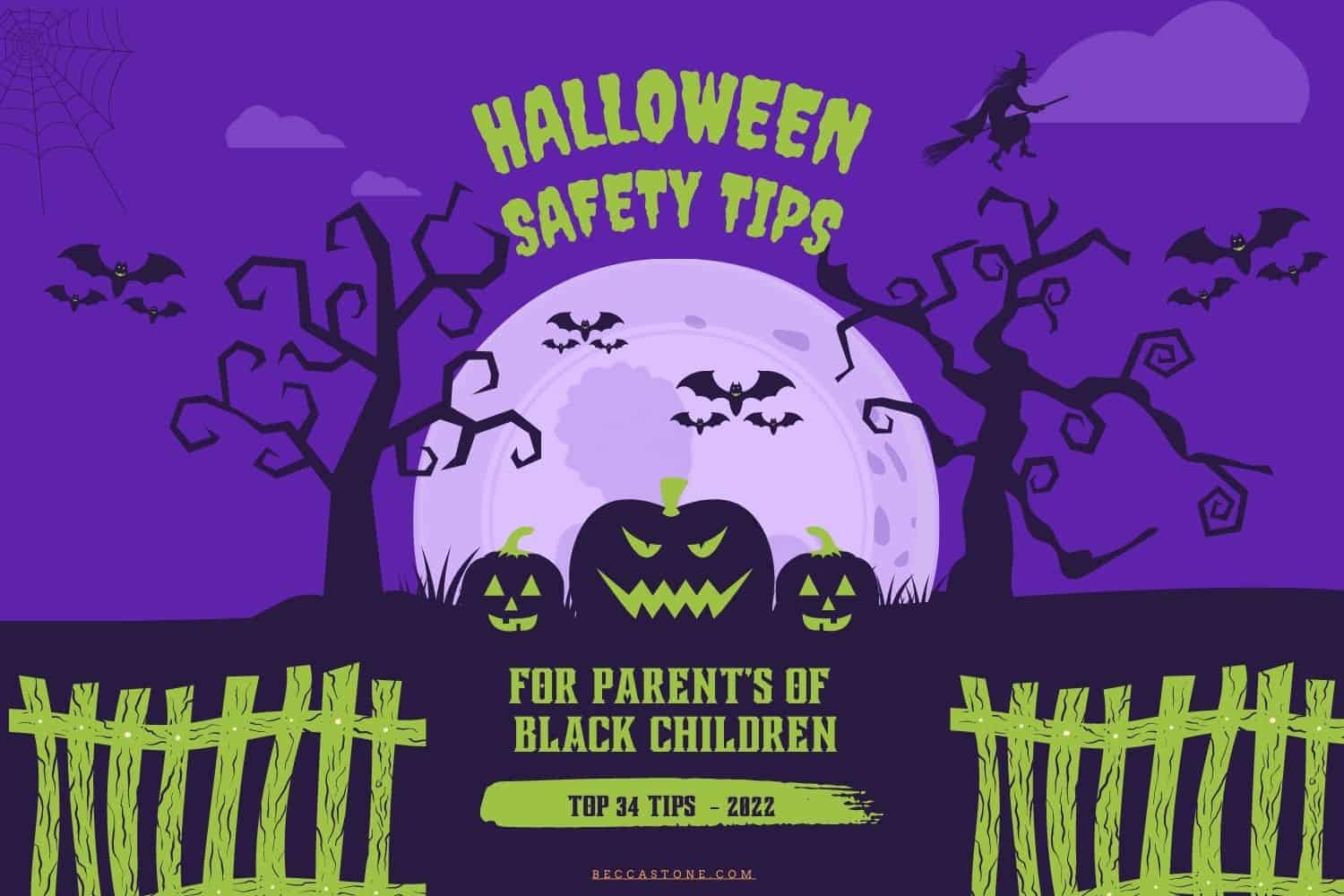 It’s not easy to figure out what kind of discipline works for your child. There is lots of trial and error, and what works at one stage doesn’t necessarily keep working. At some point, most parents, even those who might not engage in physical discipline, resort to yelling at children when they do something wrong. But a research-based report says that yelling — particularly when it involves swearing, cursing or calling a name– is not effective and can be as harmful to adolescent development as physical discipline.
It’s not easy to figure out what kind of discipline works for your child. There is lots of trial and error, and what works at one stage doesn’t necessarily keep working. At some point, most parents, even those who might not engage in physical discipline, resort to yelling at children when they do something wrong. But a research-based report says that yelling — particularly when it involves swearing, cursing or calling a name– is not effective and can be as harmful to adolescent development as physical discipline.
The study looked at an economically and racially mixed group of 13 and 14 year olds living with both parents. It found that rather than minimizing bad behavior, harsh verbal discipline can lead to increased adolescent behavior problems and symptoms of depression. The study suggested that parental insults and heavy criticism can interfere with adolescents’ sense of self-worth and identity and can be interpreted by adolescents as parental rejection and hostility. Interestingly, the study also found that the presence of parental “warmth”, such as the degree of bonding, affection and emotional support between parent and child, does not change the effects of harsh verbal discipline.
The study also found that there is a vicious cycle: harsh verbal discipline is more likely to be present when adolescents misbehave, and such discipline contributes to the continuation of misbehavior. The study concluded that programs should target both mothers and fathers to educate them about the negative outcomes of harsh verbal discipline and should also educate the child about how their behavior influences their parents’ disciplinary strategies.
So what can a parent of an adolescent do for effective discipline? Here are a couple of suggestions to try:
1. Moderate your tone of voice and try not to be sarcastic or use demeaning words. Try to get your point across in a conversational but firm tone, without using curse words or calling the child a bad name, like “stupid” or “dumb”.
2. Have a discussion with the child and let him or her know why the behavior is a problem and why it is important to you. Try to get the child to express his or her point of view and see if you can come up with a strategy for going forward. Consider getting the child to suggest an appropriate consequence if he or she engages in the problematic behavior again.
3. Pick your fights and tailor the consequences. Kids are not perfect and not everything rises to the same level of concern. Figure out what is important to you, make those ground rules clear to your child, and then impose serious consequences for violations of your key rules, like curfew, drinking, drugs, taking the car without permission, not doing homework, etc. Other misbehavior or failures like not cleaning up after themselves or doing chores can have lesser consequences suited to the behavior.
4. If you do end up yelling, acknowledge your mistake, apologize and offer the child a chance to talk it out. This shows the child a positive way to approach mistakes and misconduct.
These are just a few suggestions. Please share with Beccastone readers what works for you and how you have come up with effective disciplinary techniques. You can check out how one Beccastone mother used a creative approach to getting her daughter to stop using curse words.







Share your thoughts